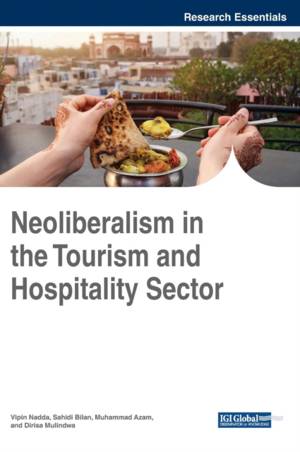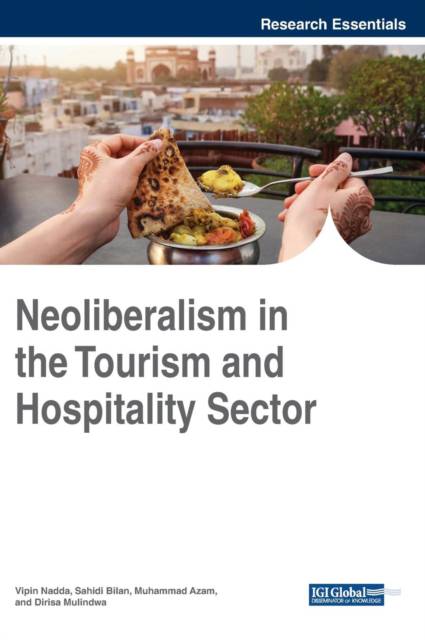
- Afhalen na 1 uur in een winkel met voorraad
- Gratis thuislevering in België vanaf € 30
- Ruim aanbod met 7 miljoen producten
- Afhalen na 1 uur in een winkel met voorraad
- Gratis thuislevering in België vanaf € 30
- Ruim aanbod met 7 miljoen producten
Zoeken
Neoliberalism in the Tourism and Hospitality Sector
€ 234,95
+ 469 punten
Omschrijving
Globalization is increasing interconnectedness and is offering immense opportunities for businesses worldwide. Although it has been taking place for hundreds of years, it has sped up enormously over the last half-century, increasing international trade, greater dependence on the global economy, and freer movement of capital, goods, and services. While globalization can create opportunities for wealth in emerging economies, it still cannot completely close the gap between the world's poorest countries and the world's richest. Many view globalization as a threat to cultural diversity, believing that it can drown out local economies, traditions, and languages and make travel to certain regions less desirable. Neoliberalism in the Tourism and Hospitality Sector provides innovative insights into the adoption of glocalization as a measure to mitigate the threats posed by globalization within the travel and tourism industries. It is designed for policymakers, researchers, government officials, and marketers considering glocalization as a means to sustain the relevancy of local business and trade.
Specificaties
Betrokkenen
- Uitgeverij:
Inhoud
- Aantal bladzijden:
- 200
- Taal:
- Engels
- Reeks:
Eigenschappen
- Productcode (EAN):
- 9781522569831
- Verschijningsdatum:
- 26/10/2018
- Uitvoering:
- Hardcover
- Formaat:
- Genaaid
- Afmetingen:
- 178 mm x 254 mm
- Gewicht:
- 675 g

Alleen bij Standaard Boekhandel
+ 469 punten op je klantenkaart van Standaard Boekhandel
Beoordelingen
We publiceren alleen reviews die voldoen aan de voorwaarden voor reviews. Bekijk onze voorwaarden voor reviews.










